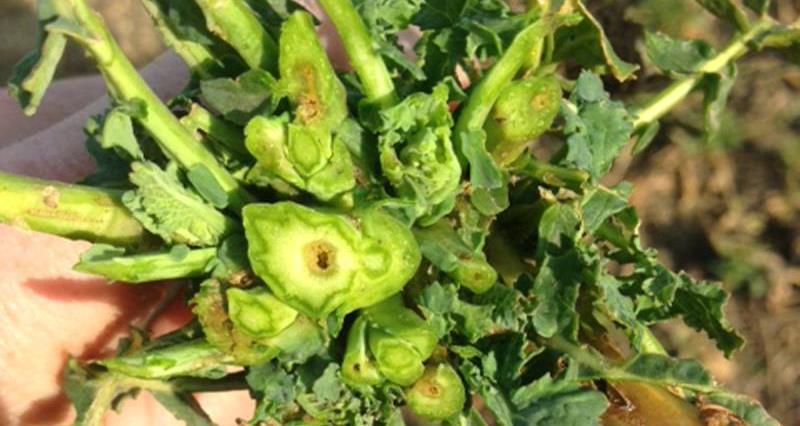NFU bee health specialist Dr Chris Hartfield said: “This study is another interesting piece to an unsolved puzzle about how neonicotinoid seed treatments affect bees. It does not show that neonicotinoids are causing widespread declines in pollinator populations and it certainly does not show that neonicotinoid use has caused any extinction of bees in England.
“What we must remember here that bees provide valued agricultural pollination which is essential in food production. Farmers have increased their planting of pollen and nectar mix – food for bees – by 134% in the past two years. Over 7,000 acres of seed mixes for bees have been voluntarily planted by farmers to enhance land lying fallow1. It is not in any farmers’ interests to harm bees.
“In addition, oilseed rape in particular is a crop that provides a rich source of food for bees early in their foraging year. Unfortunately it’s a source of food for the pest Cabbage Stem Flea Beetle as well which is known to wipe out swathes of the crop. This pest is the reason why insecticide seed treatments are essential in growing a healthy harvest of oilseed rape. While thousands of farmers2 are working towards more integrated ways of managing pests, plant protection products remain an essential part of the toolbox for farmers.
“While this study claims to provide an important contribution to the evidence base underpinning the current EU moratorium on some uses of neonicotinoids, experts reviewing all the evidence have concluded that there are still major gaps in our knowledge and a limited evidence base to guide policymakers.
“The NFU remains committed to its lobbying for science-based regulation across the board and this very much includes the regulation which is restricting farmers’ use on plant protection products. Without many of these products, our ability to produce wholesome, affordable food for the nation, will continue to stagnate.”
- The Campaign for the Farmed Environment works with farmers to support the natural environment while farming productively.
- There have been over 20,565 cases of Integrated Pest Management Plans being put into action according to a survey report from the NFU and Voluntary Initiative.
